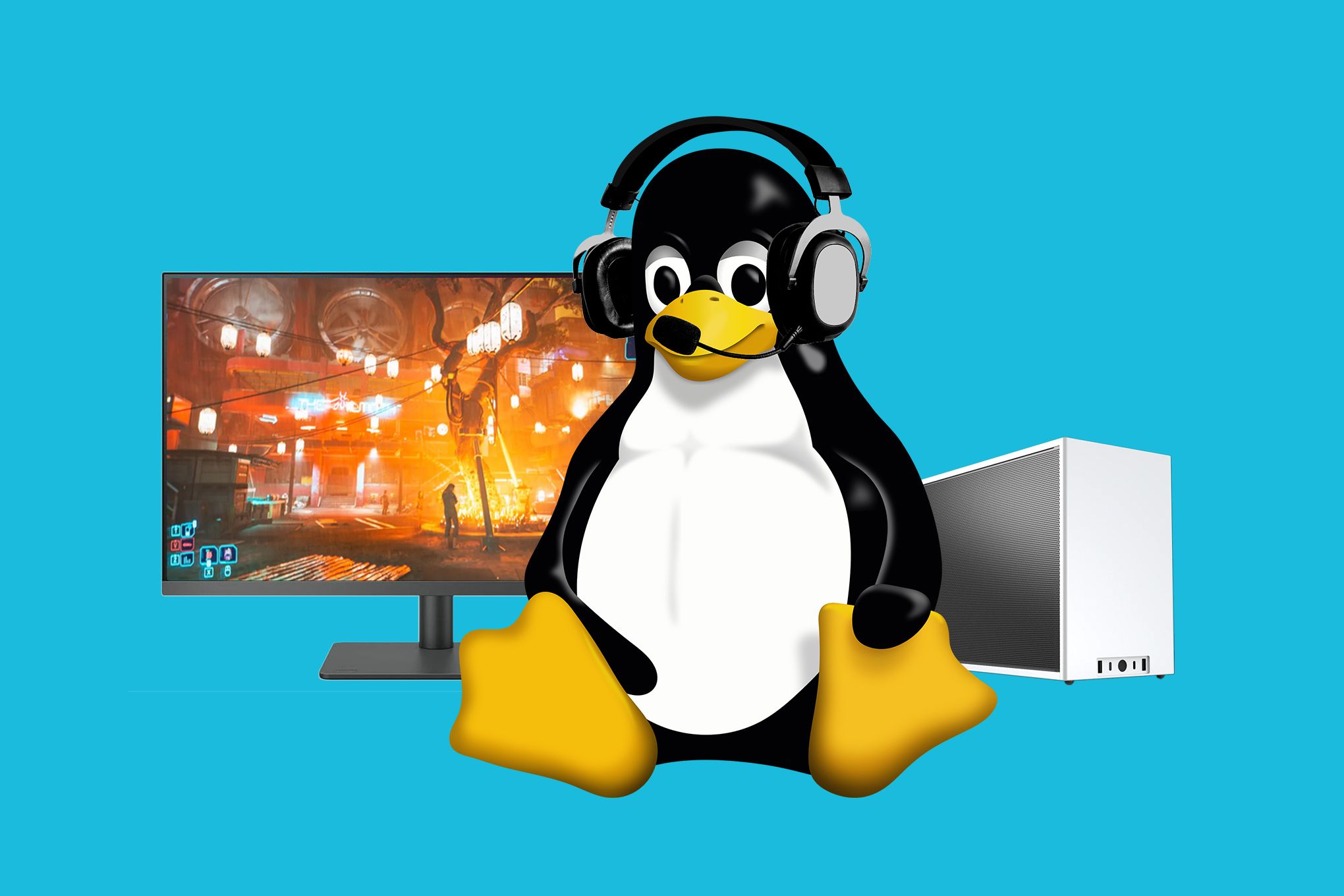A seasoned tech journalist is finally making the leap from Windows to Linux gaming, fed up with Microsoft's AI-heavy direction and encouraged by Valve's Steam Deck success. Nathan Edwards from The Verge announced he's switching his gaming desktop to CachyOS, an Arch-based Linux distribution optimized for modern hardware, joining a growing movement of gamers fleeing Windows bloatware.
The tipping point has arrived for at least one frustrated Windows user. The Verge senior editor Nathan Edwards just declared 2026 "the year of Linux on the desktop" - or at least on his desktop - as he prepares to ditch Windows 11 for a Linux gaming setup.
Edwards isn't just another Linux evangelist making bold predictions. He's a veteran tech journalist who cut his teeth at Maximum PC magazine testing gaming components, and he's fed up with Microsoft's direction. "I do not want to talk to my computer. I do not want to use OneDrive," Edwards wrote in his announcement. "I'm sure as hell not going to use Recall."
The catalyst? Microsoft just announced it's putting AI agents directly in the Windows taskbar, turning the OS into what the company calls "a canvas for AI." For Edwards, that was the final straw in a growing list of grievances against Windows 11's bloatware and forced integrations.
What makes this switch possible now is Valve's groundbreaking work with the Steam Deck. The company's Linux-based handheld has proven that Windows games can run seamlessly on Linux through Proton compatibility layer. According to Steam's latest hardware survey, just over 3% of Steam users currently run Linux, but that number is growing.
The gaming performance numbers are compelling. Edwards points to reports that gaming handhelds shipping with Windows actually "run better and have higher frame rates on Bazzite" - a Fedora-based Linux distribution - than they do with Microsoft's OS.
Bazzite has become something of a poster child for Linux gaming's potential. The Verge previously reported that Antonio Villas-Boas had success running the distribution on Framework's desktop system, achieving console-like gaming performance without Windows overhead.
Edwards plans to install CachyOS, an Arch-based distribution specifically optimized for gaming on modern hardware. His timing is strategic - he's running a relatively new Windows 11 installation on high-end hardware including an AMD Ryzen 7 9800X3D processor and Nvidia GeForce RTX 4070 Super graphics card.
The broader context here is Microsoft's increasingly aggressive push toward AI integration and cloud services. The company is ending Windows 10 support, forcing hardware upgrades or security risks. It's removing workarounds for local account setup and blocking installations on older hardware. Meanwhile, Office 365 became "Copilot 365," with Edwards reporting the AI couldn't even open a Word document.












